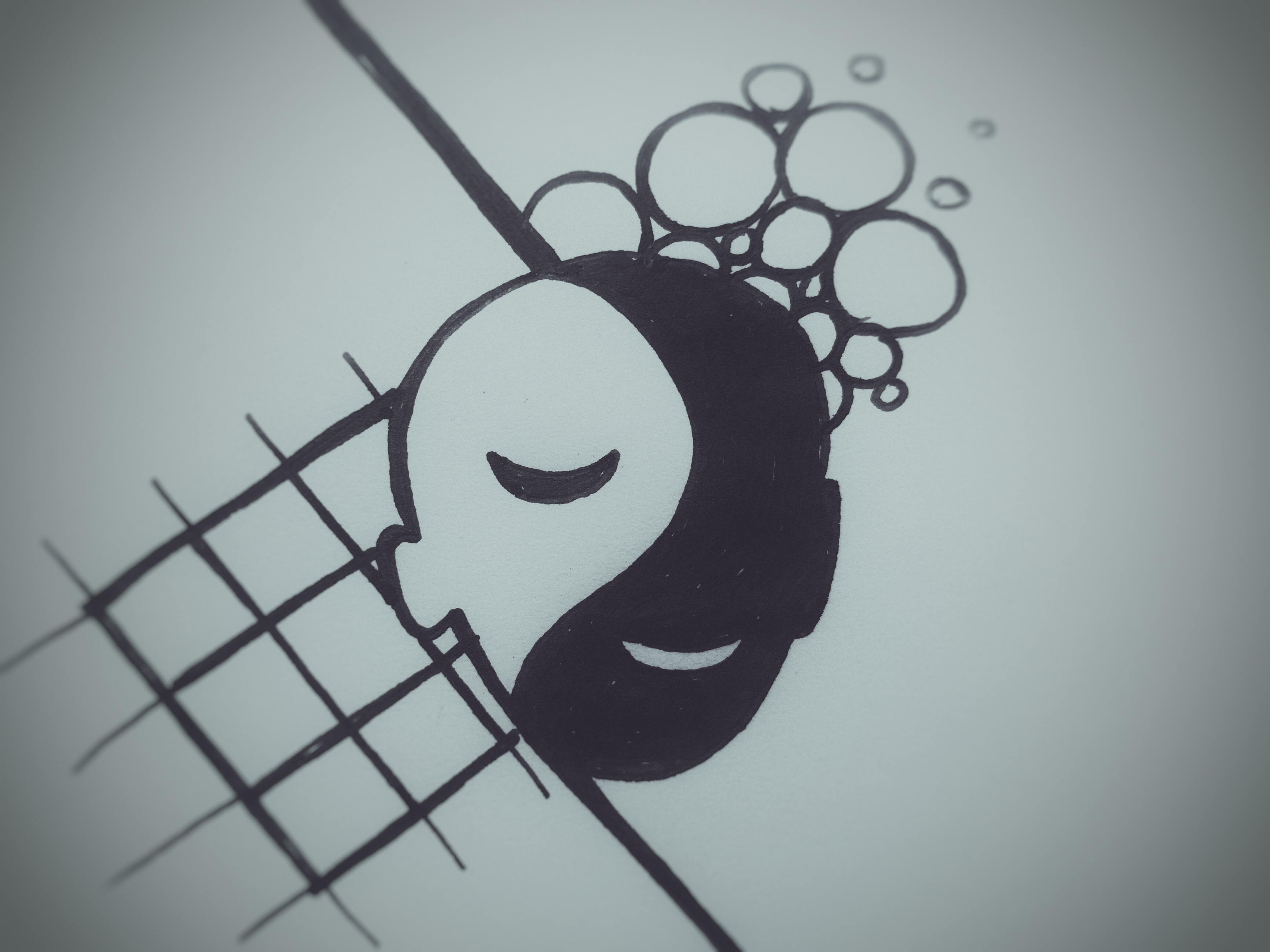“Complex systems are weakened, even killed, when deprived of stressors.”
— Nassim Taleb
No one wants to be fragile, but what is it to be the opposite? Being resilient or robust isn’t quite it. Something that is resilient “resists shocks and stays the same; the antifragile gets better.” says Nassim Taleb in Antifragile. Us humans live in complex systems and are a complex system ourselves. We will never be able to account for and plan away all the ways in which we could be shocked or broken by unexpected challenges.
So how do we not just bounce back, but get better each time? It starts by embracing more chaos.
In my neighborhood, there is a guy that runs a 10k multiple times a week. On other days he does HIIT workouts, sometimes he’ll do interval training.
Also, he is over seventy years old.
I feel safe calling him antifragile, at least when it comes to running. In order to run and train for that long in life, he has no doubt had to go running in the rain, adjust to injuries, adapt to slower paces as his body has aged, run while recovering from colds, after arguments with his family or friends, run in new locations when his routes are closed, running while happy, running while sad. Running despite of, or even in response to, the chaos of life. My neighbor beams with pride at how his diet and training regiment has evolved as he has aged. Being an athlete over a lifetime is a crash course in dealing with the unexpected.
This is beyond resilience; this is being antifragile.
The antifragile loves randomness and uncertainty, which also means— crucially—a love of errors, a certain class of errors. Antifragility has a singular property of allowing us to deal with the unknown, to do things without understanding them— and do them well.
I’m not sure I will ever be able to LOVE randomness and uncertainty, but I am certainly interested in being and raising kids that are as antifragile as possible.
In the Art of Learning, the author Josh Waitzkin (chess grandmaster, Tai Chi world champion, etc) describes a similar concept to being antifragile called the “Soft Zone” and the “Hard Zone”.
When you are in a Hard Zone and you encounter disruption (i.e. the rainy stormy weather on a morning you want to run), you tend to tense up, as if ready to fight and muscle your way through the obstacle. The stress of an uncooperative world has pushed you away from who you are. As a result, “like a dry twig, you are brittle, ready to snap under pressure.”
When you are in a Soft Zone and encounter disruption, you recognize the distraction without pushing it away, accepting the feelings of stress and using it to focus, “integrating every ripple of life into your creative moment. […] like a flexible blade of grass that can move with and survive hurricane-force winds.”
You can be more antifragile (i.e. stay in the Soft Zone) by setting up conditions of chaos to practice. As Josh describes it:
This was a muscle I built up by training myself to be at peace with the unclear and tumultuous—and most of the training was in everyday life. For example, since my teens, when I play cards, say gin rummy, I rarely arrange my hand. I leave the melds all over the place and do the organization in my head. I’ve never been a neat guy by nature, and I furthered my messiness for years by consciously leaving my living area chaotic so I could practice organizing things mentally and being mellow in the madness.
Of course this process is never complete. As I am writing this section, a lawn mower just went into gear right outside. A few minutes ago I got up to close the window, but then I sat back down and left it open. The irony was too thick.
If some of this sounds like a pretty weird thing to do, I hear ya, but I bet you do weird things like this in some area of life. Fragility and antifragility exist at opposite ends on a spectrum. You are certainly already more antifragile than I am in something.
While I might not be able to keep my desk messy in the name of antifragility, I moved country and have two young kids, so I already have plenty of chaos to practice with.








Leave a Reply to theleadlesspencilCancel reply